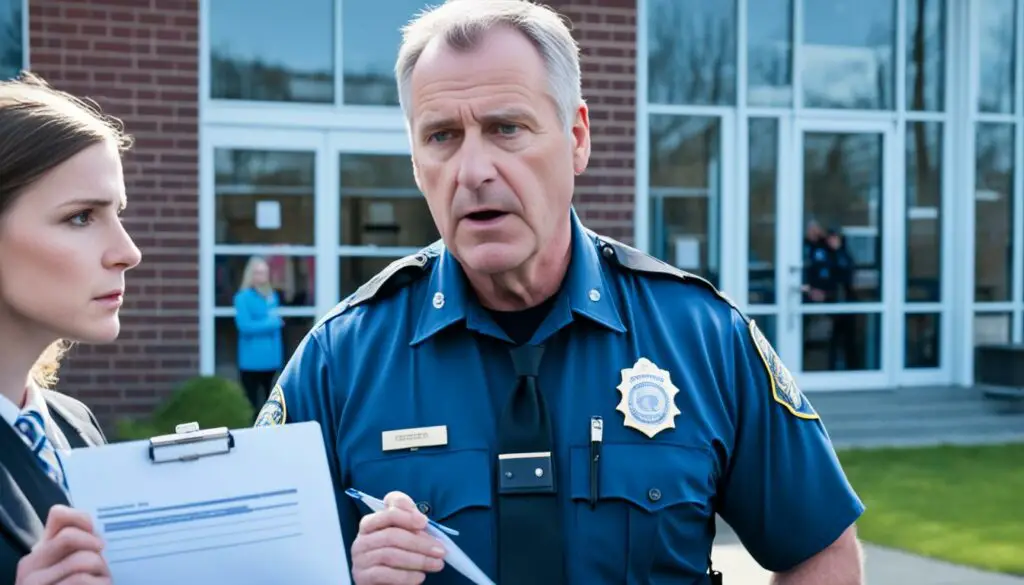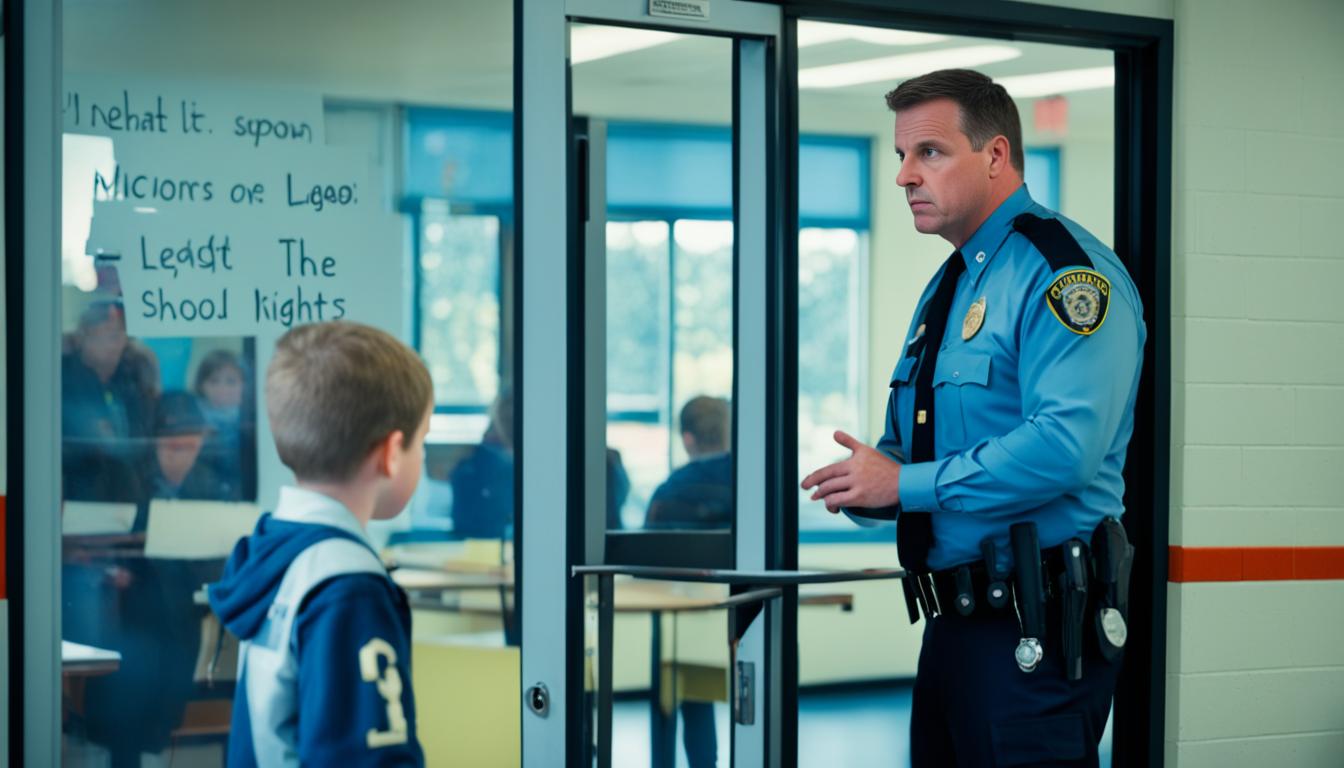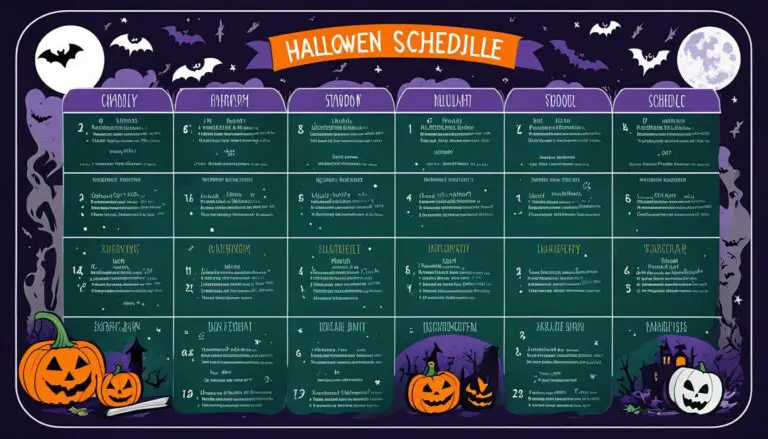Can Police Question a Minor at School Without Parents? Parents’ Rights
When it comes to police questioning of minors, many parents wonder about their rights and the procedures involved. Can the police question a child at school without their parent’s knowledge or consent?
In this article, we will delve into the legal framework surrounding the interrogation of minors, exploring whether parental consent is required and what rights juveniles have during the questioning process. Understanding these crucial aspects can help parents protect their children’s rights in potentially sensitive situations.
Constitutional Rights of Minors During Police Questioning
When minors are subject to police questioning, they possess certain constitutional rights that protect their interests and ensure fair treatment. These rights include the right against self-incrimination and having an attorney present during questioning.
Understanding these rights is crucial for safeguarding minors during police interrogations and ensuring that their legal rights are respected.
The Fifth Amendment of the United States Constitution guarantees individuals, including minors, the right to self-incrimination. This means a minor has the right to remain silent and refuse to answer any questions that may incriminate them.
In addition to the right against self-incrimination, minors have the right to have an attorney present during questioning. This ensures they can access legal representation and guidance throughout the interrogation process.
Minors need to understand that they have the right to refuse to answer questions and request the presence of a lawyer. They should not feel pressured or compelled to provide information that may harm their legal position.
When minors exercise their constitutional rights during police questioning, law enforcement officials need to respect these rights.
Failure to do so may result in any statements obtained during the interrogation being excluded from admissibility in court. The minors’ legal rights during questioning safeguard against any potential violation of their rights.

| Constitutional Rights of Minors During Police Questioning |
|---|
| 1. Right against self-incrimination |
| 2. Right to have an attorney present during questioning |
| 3. Right to refuse to answer questions |
| 4. Right to request the presence of a lawyer |
Parental Consent and Police Questioning of Minors
When it comes to police questioning of minors, the issue of parental consent is a complex and debated topic. Generally, the police are not required to contact parents or obtain parental consent before questioning a minor.
🌟 Hey Students! 🚀 Ready for the ultimate experience? Join us on Studentsinside.com's Facebook, YouTube, WhatsApp, and LinkedIn. Click now for tips, fun, and success vibes! 🌈✨ #StudentLife #JoinUs
However, the presence or absence of parents during the questioning process can have significant implications.
In some states, laws have been enacted to protect the rights of minors and mandate police to notify parents before interrogating an arrested child.
These laws recognize the importance of parental involvement and ensure that parents can be present and provide support during police questioning.
While the absence of parents during police questioning does not automatically render a minor’s statements inadmissible in court, it can be a factor that is considered when assessing the reliability and voluntariness of the statement.
Parental presence can help safeguard the minor’s rights and ensure the questioning is conducted fairly and unbiasedly.

State Laws on Parental Consent for Police Questioning
| State | Parental Consent Requirement |
|---|---|
| California | No requirement |
| Texas | Parental notification for arrested minors |
| Florida | No requirement |
| New York | No requirement |
| Illinois | Parental notification for arrested minors |
- California does not have a specific parental consent requirement for police questioning of minors. The decision to involve parents is left to the discretion of law enforcement.
- Texas mandates parental notification before interrogating an arrested minor.
- In Florida and New York, parental consent is not required for police questioning of minors.
- Illinois requires parental notification before questioning an arrested minor.
Voluntary Statements and Informal Questioning
If a minor voluntarily agrees to speak with the police and has not been arrested, any statements they make can be used against them in court. However, the statement’s voluntariness is a crucial factor the courts consider. The circumstances of the interrogation, including the minor’s age, education level, and state of mind, are considered.
The Impact of Voluntary Statements
When a minor willingly provides information to the police without arrest, those statements can be admitted as evidence in court. This means that anything a minor says, regardless of age or comprehension, can be used against them.
- Informal questioning: Informal questioning refers to conversations between the police and a minor that occur outside the formal setting of an arrest. It often happens in non-coercive environments such as schools or community centers, where the minor cannot answer questions.
- Voluntary agreement: If the minor chooses to engage in conversation with the police and agrees to answer their questions without any coercion or promises, their statements may be considered voluntary.
- Factors influencing voluntariness: Courts consider various factors to determine the voluntariness of a minor’s statements, including age, mental capacity, emotional state, and any external pressures or influences.
Protecting Minors During Informal Questioning
Although minors can provide voluntary statements in certain situations, parents and guardians must protect their child’s rights.
Parents should educate their children about their rights and the potential consequences of speaking to the police without legal representation.
Additionally, they can help their child understand the importance of asking for a lawyer’s presence during any interaction with law enforcement.

Custodial Interrogation, Miranda Rights, and Minors
When a minor is arrested or detained and subjected to custodial interrogation, their Miranda rights come into play. The Miranda rights are essential protections afforded to individuals during police questioning. For minors, understanding these rights is crucial to navigating the interrogation process.
The Miranda rights include:
- The right to remain silent
- The right to an attorney
- The right to understand that anything they say can be used against them in court
These rights ensure that minors know their legal protections and can exercise them to safeguard their interests during police questioning.
Importance of Miranda Warnings
Miranda warnings serve as a safeguard to prevent self-incrimination and protect the rights of minors. When provided with Miranda warnings, minors have the opportunity to choose whether to exercise their right to remain silent or request an attorney’s presence during the interrogation.
If the police fail to provide Miranda warnings to a minor, any statements made by the minor during the custodial interrogation may not be admissible in court. The exclusion of these statements can significantly impact the case outcome by weakening the prosecution’s evidence.

Consequences of Police Non-Compliance and Defense Options
When the police unlawfully refuse a minor’s request to contact their parents or fail to comply with legal procedures during questioning, it can have significant consequences for the admissibility of the minor’s statements in court. To protect their child’s rights, parents have various courses of action they can take.
If a minor believes their rights were violated during the interrogation process, their parents can file complaints against the police department. These complaints can lead to internal investigations and disciplinary actions against the officers involved.
Additionally, parents may have the option to pursue civil rights lawsuits against the police department for any mistreatment their child endured.
Parents should consult with a criminal defense attorney specializing in juvenile law to navigate the complex legal landscape and ensure the proper defense of their child.
Such an attorney will possess a deep understanding of the legal rights of minors during questioning and the specific procedures that the police must follow. They can provide guidance and advocate for the minor throughout the legal process.
FAQ
Q: Can the police question a minor at school without parents?
A: Yes, in general, the police are not required to obtain parental consent before questioning a minor. However, the presence or absence of parents during questioning can impact the admissibility of the child’s statement in court.
Q: What are the legal rights of minors during police questioning?
A: Minors have constitutional rights, such as remaining silent and having an attorney present during questioning. They can refuse to answer questions and request the presence of a lawyer, protecting them from being compelled to provide self-incriminating information.
Q: Does a parent need to give consent for police questioning of a minor?
A: Generally, the police are not required to contact parents or obtain parental consent before questioning a minor. However, some states have laws that mandate police to notify parents before interrogating an arrested child.
Q: What are the procedures for police questioning a minor?
A: Police questioning protocols for minors vary, but the police need to follow legal procedures, such as providing Miranda warnings when appropriate and ensuring the voluntariness of any statements made by the minor.
Q: Does a minor make statements during informal questioning that are admissible in court?
A: If a minor voluntarily agrees to speak with the police and has not been arrested, any statements they make can be used against them in court. However, the statement’s voluntariness is a crucial factor the courts consider, considering the circumstances of the interrogation and the minor’s age and state of mind.
Q: What are the rights of a minor during custodial interrogation?
A: When a minor is arrested or detained and subjected to custodial interrogation, their Miranda rights come into play. These rights include the right to remain silent, the right to an attorney, and the right to understand that anything they say can be used against them in court.
Q: What happens if the police do not comply with legal procedures while questioning a minor?
A: If the police unlawfully refuse a minor’s request to contact their parents or fail to comply with legal procedures, it can have consequences for the admissibility of the minor’s statements in court. Parents can file complaints against the police or pursue civil rights lawsuits to protect their child’s rights.







